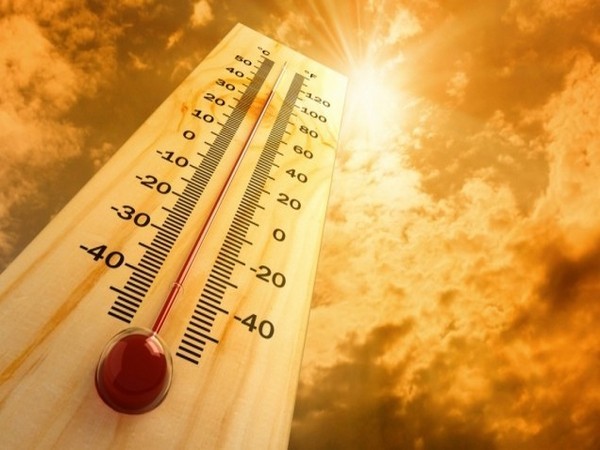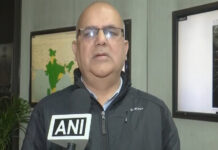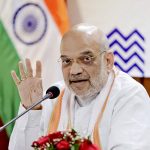As Delhi continues to experience extreme heat, with temperatures forecasted to exceed 44°C this week, medical professionals are urging the public to take immediate precautions to prevent serious health issues. The India Meteorological Department (IMD) has issued a heatwave warning for several northern regions, including the national capital, advising residents to avoid going out during peak afternoon hours.
Experts say the rising mercury is not just uncomfortable; it can also pose serious health risks. “Heat waves pose a serious health risk, especially to vulnerable populations like the elderly, small children, and people with underlying medical conditions like heart disease and respiratory disorders,” said Dr. Vikas Chopra, Head of Cardiology at Primus Hospital.
“Heatstroke, dehydration, and other heat-related illnesses can result from prolonged exposure to temperatures above 40°C. I strongly advise residents to wear light, breathable clothing, stay hydrated, and stay indoors during the hottest parts of the day,” said Dr. Chopra.
Dr. Sutapa B. Neogi, director at the International Institute of Health Management Research (IIHMR) in Delhi, advised people to “stay indoors to the extent possible and maintain good hydration.”
Doctors are reporting a rise in cases of dizziness, muscle cramps, headaches, and dehydration among people who spend long hours outdoors.
“This weather is not to be taken lightly. Even healthy individuals can fall sick due to prolonged exposure to heat,” said Dr. Gagan Anand, an internal medicine specialist at BLK-MAX Hospital in New Delhi.
“People working outdoors, delivery workers, construction labourers, and street vendors must take frequent breaks, drink oral rehydration solutions, and avoid caffeine or alcohol, which can worsen dehydration,” said Dr. Anand.
Public health experts are urging residents to check in on the elderly, neighbours living alone, and young children to ensure they are safe and coping with the rising temperatures.
“It is important to keep an eye on the elderly and children, who may not express discomfort as clearly.
The focus should be on reducing heat exposure to avoid major health problems,” Dr. Chopra added.
With no immediate relief in sight, doctors say that awareness and small preventive steps can make a big difference and may even save lives.


















